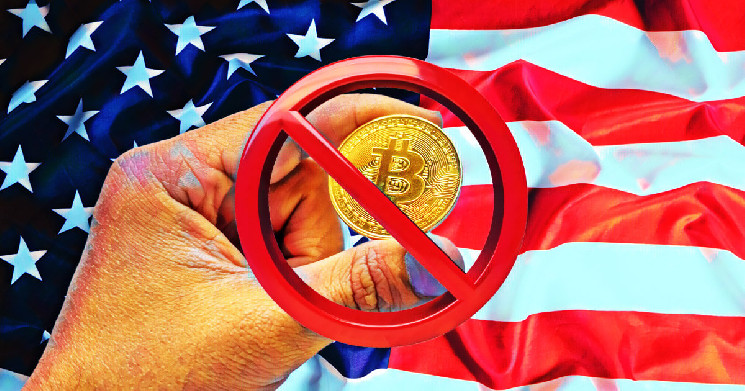Coin Center posted a scathing assessment of the RESTRICT Act – saying the bill proposal could be used to ban crypto.
The cryptocurrency advocacy organization highlighted several problems with the bill, including its potential to block and restrict access to open protocols, such as the Bitcoin (BTC) network.
Moreover, Coin Center drew parallels with the existing Office of Foreign Assets Control (OFAC) system. But, crucially, they pointed out the RESTRICT Act differs by curtailing recourse — infringing on First Amendment rights.
“The Act creates a redundant regime paralleling OFAC without clear justification, it significantly limits the ability for injured parties to challenge actions raising due process concerns, and unlike OFAC it lacks any carve-out for protected speech.”
In August 2022, the OFAC sanctioned cryptocurrency mixer Tornado Cash over allegations of laundering $7 billion in digital assets. The crypto community generally saw the move as another instance of governmental overreach and an attack on privacy.
At the time, Coin Center questioned the legitimacy of sanctioning an inanimate tool “that can be put to good or bad uses like any other technology.”
The RESTRICT Act
The RESTRICT Act was introduced to the U.S. Senate on March 7 and sought to ban technologies tied to foreign governments.
Although not mentioned in the bill specifically, it is widely considered a response to prohibiting the short-form video platform TikTok.
According to the proposals, the Commerce Department at the White House would conduct a review of foreign technologies. Subsequently, the Department would have the authority to respond as necessary — which may include banning the technology if deemed appropriate.
Senator Warner — who sponsored the bill — said the proposals do not target TikTok specifically. However, he added that, on average, 100 million Americans use the platform for 90 minutes daily. Moreover, it’s what “everybody is talking about.”
Coin Center warns of blanket authority
Coin Center said it does not object to sanctioning “actual foreign adversaries,” such as transactions involving North Korean ransomware incidents. However, it raised concerns that the powers granted under the Act could be utilized even if there is no foreign adversary.
Similarly, the organization further objected to the potential scope, in misinterpreting wording, to enact the banning of entire asset classes, such as all Bitcoin transactions.
“If such an unreasonable and overbroad interpretation of the RESTRICT Act was made, we’d be fighting it in court.”
Former Coinbase CTO Balaji Srinivasan repeated previous concerns, saying the Act “is the American Great Firewall.” Srinivasan added that the U.S. is becoming “China in the name of beating China.”
The comment was made in reference to a post stating VPN access to banned apps could land the perpetrator 20 years in prison and a $250,000 fine.
 cryptoslate.com
cryptoslate.com
